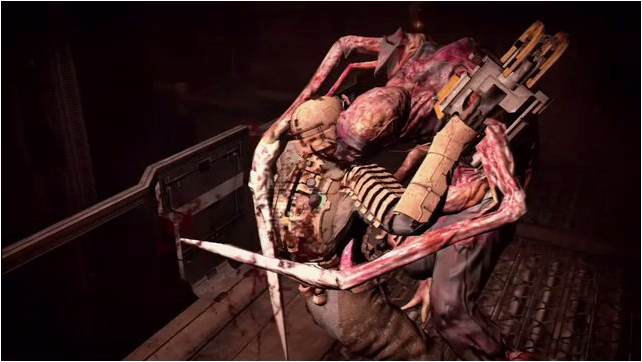On Friday I went to see The Trotsky, a new Canadian film about a young man named Leon who's convinced he is the reincarnation of famed Bolshevik Leon Trotsky. Leon tries to emulate every aspect of the historical Trotsky's life, and the film depicts his efforts to found an empowered student union at his Montreal West high school. Starring Jay Baruchel, The Trotsky is in limited release right now and you should go see it because it is great and deserves your support. And how often can you say that about mainstream Canadian cinema?
The Trotsky isn't what I'd call deep or psychologically complex, but it is a lot of fun. This is a real "for the love of the game" type movie, expertly crafted entertainment that relishes in the joy of story-telling. It's a hilarious underdog tale that dives headfirst into its ridiculous premise and makes you root for the least likely candidate. The Trotsky features an exceedingly clever and tightly-written script and an outstanding cast including Saul Rubinek, Michael Murphy, and Colm Feore. And Jay Baruchel...
In talking about The Trotsky it's important that I mention how much I usually detest Baruchel. He's been in a lot of movies and television shows that I really enjoy (Undeclared, How To Train Your Dragon, etc.) but something about him just rubs me the wrong way. I'm not saying that he's a bad actor (though talk about one-note), merely acknowledging my personal bias against him. Because despite my prejudice I still managed to wholeheartedly enjoy The Trotsky, and not in spite of Baruchel but because of him.
The movie seems to be written with an awareness of how annoying Baruchel can be, and a major focus of the plot is how people who hate him come to appreciate and support his cause. It's not that he acts any differently than in previous roles, rather the film seems to be specifically designed to capture his personality and endear it to the audience. By the end of The Trotsky I too was cheering Baruchel on and enjoying his typical nerdy whining as Leon, and honestly I don't think there's any other actor who could have brought the quirky character to life. Baruchel carries the movie and in turn it carries him. This truly is the epitome of a breakout leading performance.
Jay Baruchel: Surprisingly great in The Trotsky
To reiterate: Jay Baruchel = remarkably awesome; The Trotsky = outstanding; You = should go see the it.






















